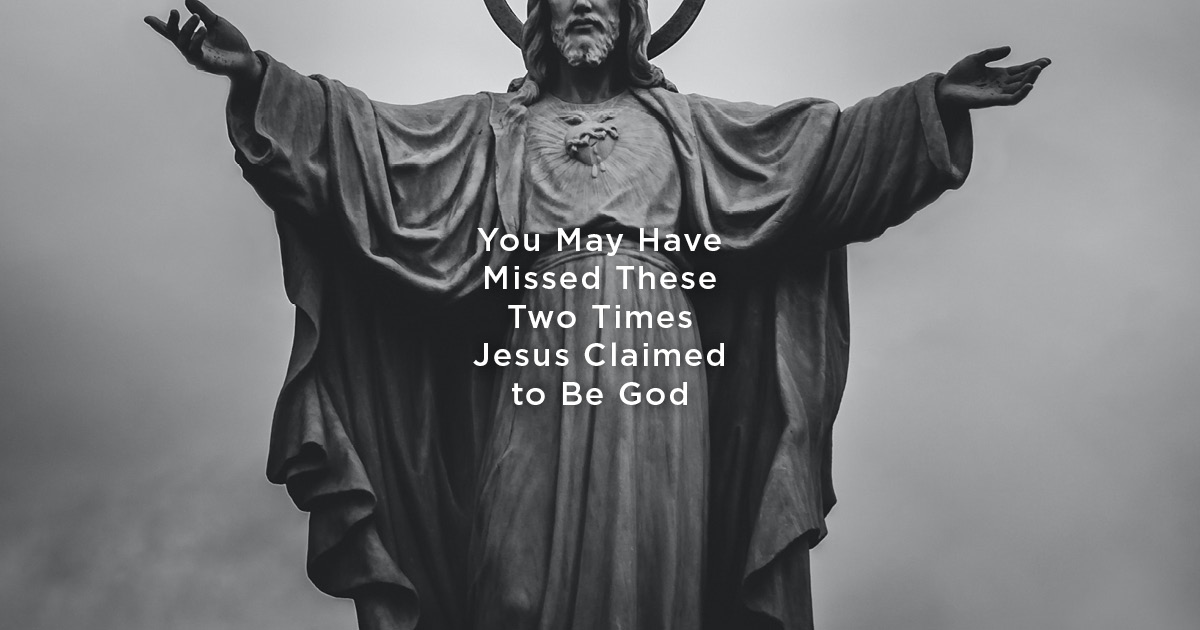
The following is an excerpt from Mark For You by Jason Meyer. Meyer helps you to turn your eyes to Jesus—his power, his wisdom, and his compassionate heart. This expository guide is more applied than a typical commentary, making it a great resource for personal devotion, as well as useful for leading small-group studies or for sermon preparation.
Mark 1:16-20 contains two calling narratives (verses 16-17 and 19-20). They are very similar in structure. Jesus takes the initiative in both narratives. He sees two sets of brothers, and he calls them.
Normally, a disciple would ask a teacher if they could learn the Torah from him. But in this case, it is the other way around. Not only that, but Jesus did not ask. He commanded. In this sense he is more like a prophet than a normal teacher. But here the surprise goes further. Prophets did not call people to follow themselves but God. Yet Jesus commanded people to “follow me” (my emphasis). Jesus is more than a prophet. He is the Lord and King.
Jesus’ use of the phrase “I will make you become fishers of men” is often overlooked as a proof of his deity (Mark 1:17). Jesus did not invent the imagery of fishers of men as a clever play on words. The imagery comes from the prophets. “Behold, I am sending for many fishers, declares the Lord, and they shall catch them” (Jeremiah 16:16). Jesus’ use of this metaphor is a claim to deity because God himself is the one who sends for the fishers.
Prophets did not call people to follow themselves but God. Yet Jesus commanded people to “follow me."
Both sets of men “immediately” “left” something and “followed him” (Mark 1:18, 20). Simon and Andrew left their nets, while James and John left their father Zebedee. Notice that following Jesus has a high cost. This text says that there must be a leaving before the following. Here following Jesus means leaving the family and the family business.
This is not a light thing to do! Following Jesus as Lord means relinquishing every worldly claim. It should radically impact how we relate to everything—family, job, money, food, and anything else we call “ours.” Jesus says, “Seek first the kingdom of God and his righteousness” (Matthew 6:33). His rule and reign must rise above all the rest. Discipleship turns our world upside down because we relinquish every worldly claim. But it turns our world right-side up in another sense because we put the right things first.
Consider what church tradition tells us about the later life of these four men. Simon Peter was crucified upside down, Andrew was crucified in Greece, James was beheaded, and John was exiled. Of course, they did not know this when they first followed Christ. But they did know what to put first. We, too, have no guarantee about what our earthly future will look like when we follow Christ—but we do know our eternal future.
Even as Christians seeking to obey God, we often hesitate or resist. But the disciples’ obedience here is total and immediate.
But disciples do not take credit for their discipleship. Jesus gets the glory because his command contains the power to create the thing he is calling for.
But disciples do not take credit for their discipleship. Jesus gets the glory because his command contains the power to create the thing he is calling for. Here in Mark, the command “follow me” (Mark 1:17) is the key to the whole story. In fact, it is another overlooked proof of Jesus’ deity. Jesus does not coax these men or reason with them or try to persuade them. He just says, “Follow me,” and they follow.
The simplicity of the formula “follow me” plus “they followed” shows the reader the sheer power of the Creator at work. In the creation narrative, God said, “‘Let there be light,’ and there was light” (Genesis 1:3). It is a word of command, not a word of appeal. “One begins to see that becoming a disciple of Jesus is more of a gift than an achievement” (Christopher Marshall, Faith As a Theme, p 136).
When the Creator calls, creation obeys.